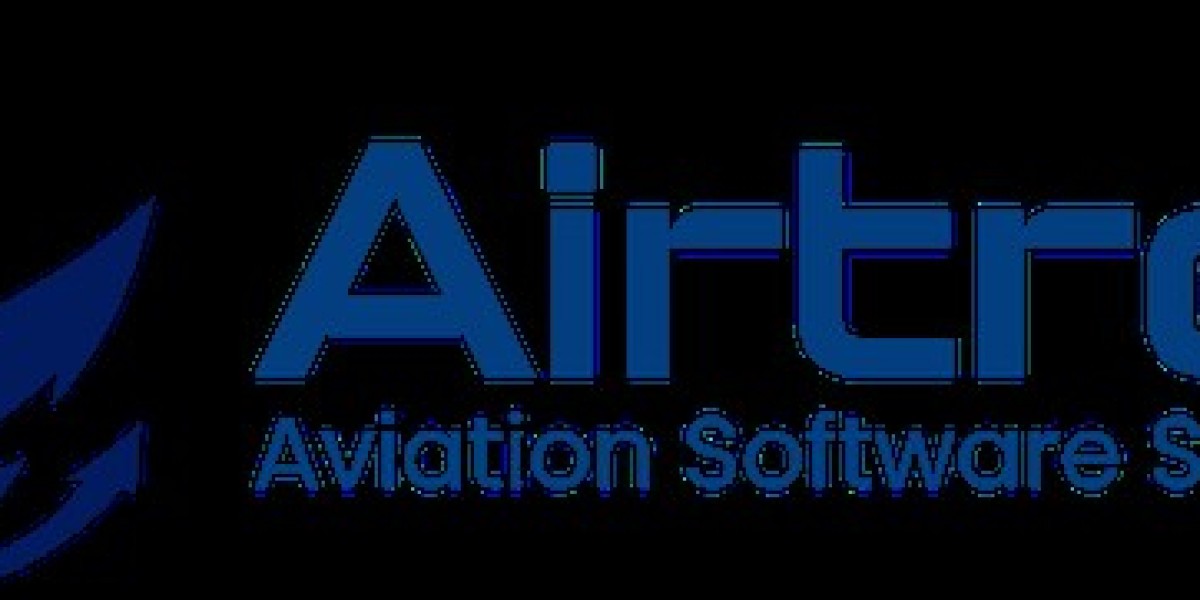In today's technologically advanced world, the Internet of Things (IoT) has become increasingly prevalent, connecting various devices and enabling them to communicate and interact seamlessly. Alongside this rapid expansion of IoT, another groundbreaking technology has emerged: smart contracts. Smart contracts, powered by blockchain technology, have the potential to revolutionize the way transactions are conducted in IoT ecosystems. In this article, we will delve into the role of smart contracts in IoT, exploring their benefits, use cases, and the implications they have on various industries.
Understanding Smart Contracts
What are Smart Contracts?
Smart contracts are self-executing agreements that are encoded with predefined terms and conditions. These contracts are stored and executed on a blockchain, ensuring transparency, security, and immutability. Unlike traditional contracts, smart contracts automatically enforce the rules embedded within them, eliminating the need for intermediaries and reducing the possibility of fraud or manipulation.
How do Smart Contracts Work?
Smart contracts utilize blockchain technology, which is a decentralized and distributed ledger that records transactions across multiple computers. When a condition specified within a smart contract is met, the contract's terms are automatically executed. The decentralized nature of blockchain ensures that all participants in the network have access to the same version of the contract, leaving no room for disputes or misinterpretations.
Benefits of Smart Contracts in IoT
Enhanced Security and Trust
One of the key advantages of utilizing smart contracts in IoT is the enhanced security they provide. By leveraging blockchain's cryptographic algorithms, smart contracts ensure that the transactions and data exchanged within an IoT ecosystem are secure and tamper-proof. This heightened level of security builds trust among stakeholders and reduces the risk of unauthorized access or data breaches.
Automation and Efficiency
Smart contracts automate the execution of predefined actions when specific conditions are met. This automation eliminates the need for manual intervention, making transactions faster and more efficient. In IoT applications, where a multitude of devices interact with each other, smart contracts streamline processes, reduce costs, and minimize human errors.
Cost Savings and Scalability
Traditional contractual agreements often involve intermediaries, legal fees, and administrative costs. Smart contracts eliminate the need for intermediaries, resulting in significant cost savings. Moreover, smart contracts are highly scalable, capable of accommodating a large number of transactions simultaneously without compromising efficiency. This scalability makes them well-suited for the growing IoT landscape, where billions of devices are interconnected.
Use Cases of Smart Contracts in IoT
Supply Chain Management
The integration of smart contracts in supply chain management can bring transparency, traceability, and efficiency to the entire process. With the help of smart contracts, manufacturers, suppliers, and logistics providers can automate and monitor the movement of goods, verify authenticity, and ensure compliance with regulations. This streamlined supply chain process reduces delays, minimizes errors, and enhances overall customer satisfaction.
Energy Grid Optimization
Smart contracts can play a pivotal role in optimizing energy grids by enabling automated energy trading between IoT-enabled devices. By utilizing real-time data on energy production and consumption, smart contracts can facilitate peer-to-peer energy transactions, ensuring efficient utilization of renewable energy sources and reducing dependency on centralized power systems. This decentralized energy grid management leads to a more sustainable and resilient energy infrastructure.
Healthcare and Medical Records
In the healthcare industry, the secure management and sharing of patient records are of utmost importance. Smart contracts can provide a robust solution by ensuring the privacy, integrity, and accessibility of medical records. Patients can have full control over their data, granting access to healthcare providers when needed. Moreover, smart contracts can automate insurance claims,reducing administrative burdens and streamlining the reimbursement process.
Autonomous Vehicles and Transportation
With the advent of autonomous vehicles and intelligent transportation systems, the need for secure and reliable communication between vehicles and infrastructure has become paramount. Smart contracts can enable seamless and trustworthy interactions by establishing rules and protocols for data exchange, payment settlements, and traffic management. This integration of smart contracts in the transportation sector promotes efficiency, safety, and coordination among vehicles, leading to a smoother and more sustainable transportation network.
Smart Homes and Appliances
Smart homes are becoming increasingly popular, with IoT devices controlling various aspects of our living spaces. Smart contracts can enhance the functionality and security of smart homes by automating tasks, such as adjusting temperature, managing energy consumption, and ensuring the integrity of data exchanged between devices. Additionally, smart contracts can enable secure and decentralized payment methods for services within smart homes, providing convenience and peace of mind to homeowners.
Implications for Industries
The adoption of smart contracts in IoT has far-reaching implications across various industries:
Financial Sector
In the financial sector, smart contracts can streamline and automate processes such as loan agreements, insurance claims, and asset management. By eliminating intermediaries and reducing transaction costs, smart contracts increase efficiency and transparency, ultimately benefiting both financial institutions and customers.
Supply Chain and Logistics
Smart contracts revolutionize supply chain and logistics operations by enhancing visibility, optimizing inventory management, and reducing fraud. The automated execution of contracts ensures timely and accurate transactions, reducing delays and minimizing errors throughout the supply chain.
Healthcare and Pharmaceuticals
The integration of smart contracts in the healthcare and pharmaceutical industries enables secure and transparent management of patient data, drug supply chains, and clinical trials. This ensures data privacy, prevents counterfeit drugs, and facilitates efficient collaboration among healthcare providers, researchers, and patients.
Energy and Utilities
Smart contracts have the potential to transform the energy and utilities sector by enabling peer-to-peer energy trading, optimizing grid management, and promoting renewable energy integration. This decentralized approach empowers consumers, fosters sustainability, and reduces reliance on fossil fuels.
Conclusion
As the Internet of Things continues to evolve, smart contracts emerge as a powerful tool for ensuring secure, efficient, and automated transactions within IoT ecosystems. The benefits of smart contracts, such as enhanced security, automation, and cost savings, make them a valuable asset across various industries, from supply chain management to healthcare and transportation. By embracing the potential of smart contracts, businesses can unlock new opportunities, streamline processes, and stay ahead in the rapidly advancing IoT landscape.
So, harness the power of smart contracts in IoT and pave the way for a future where transactions are seamless, secure, and transparent.








